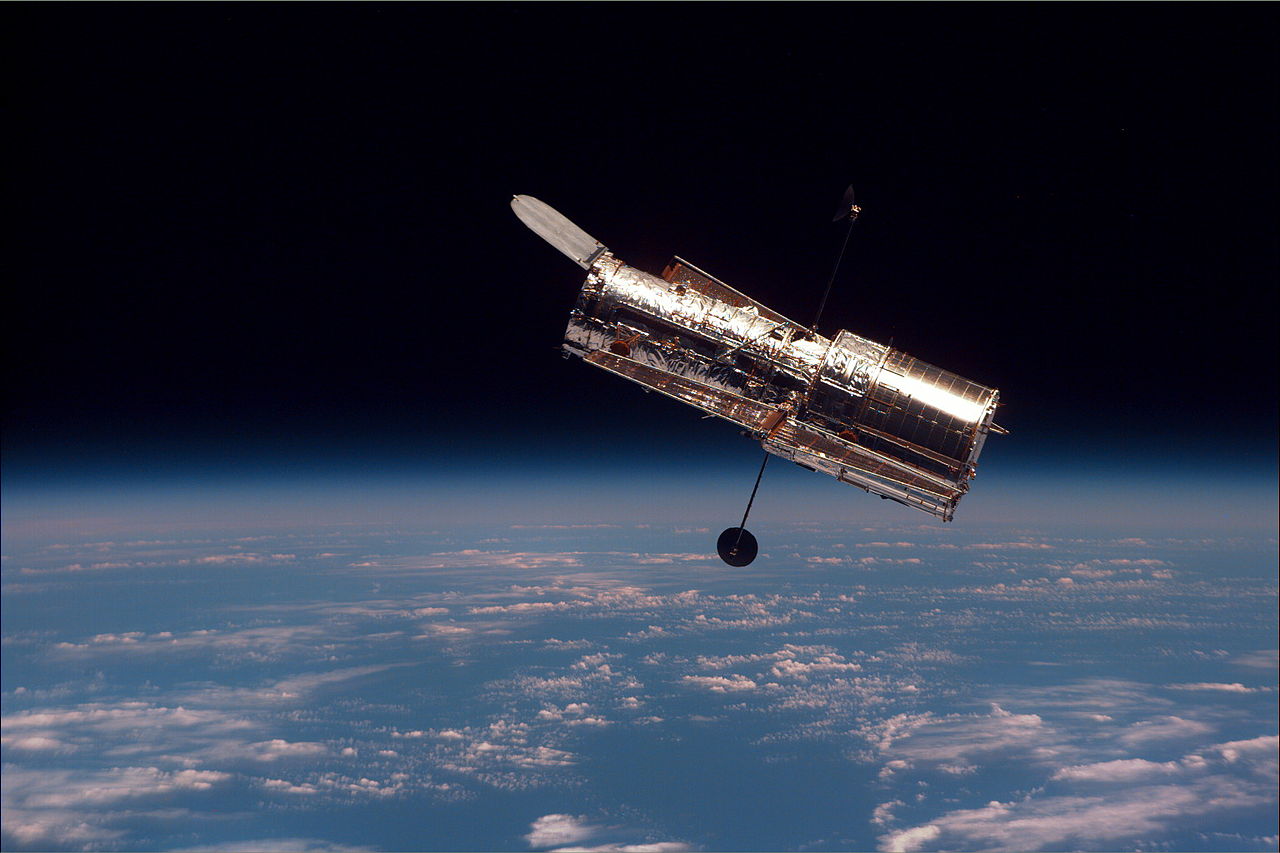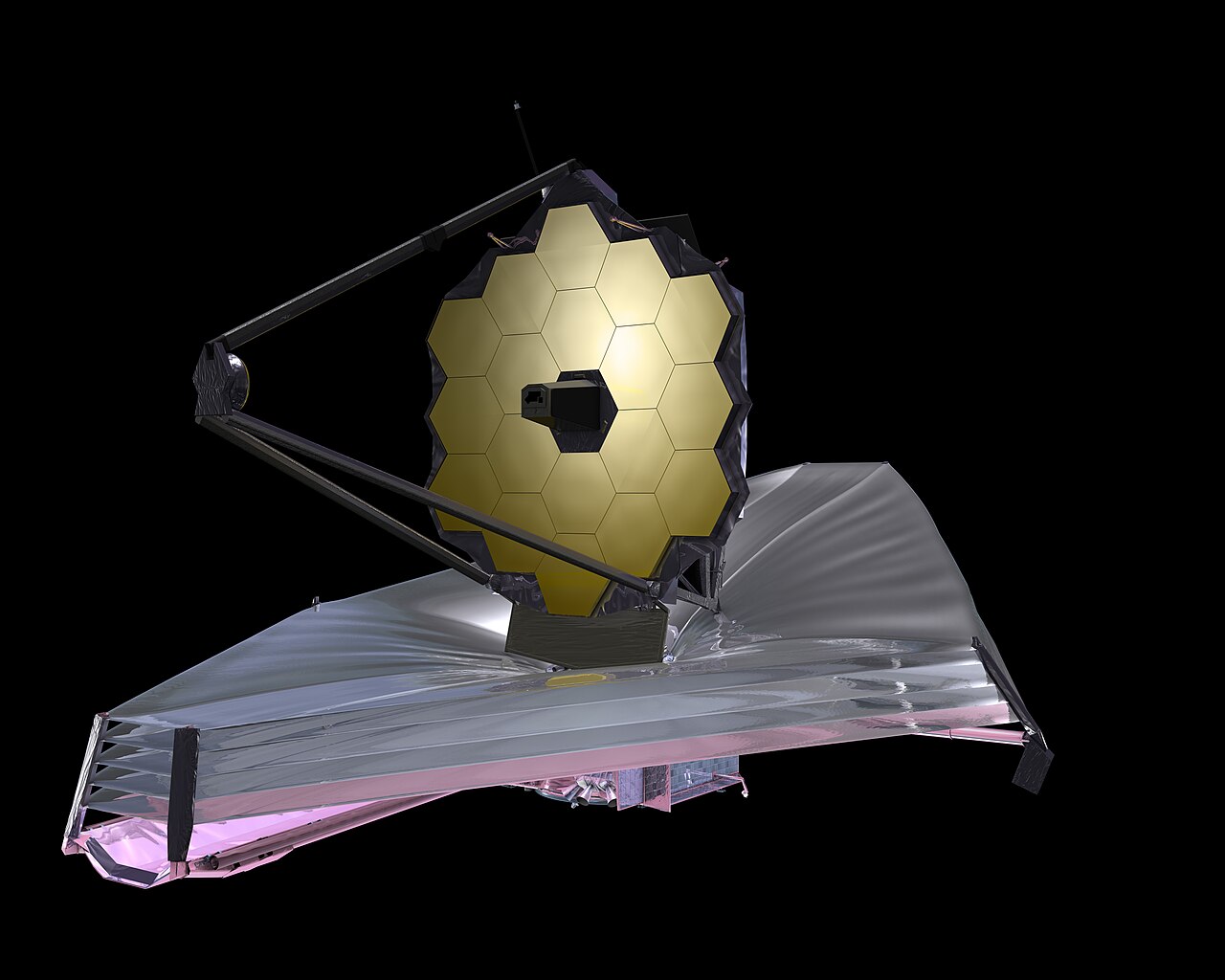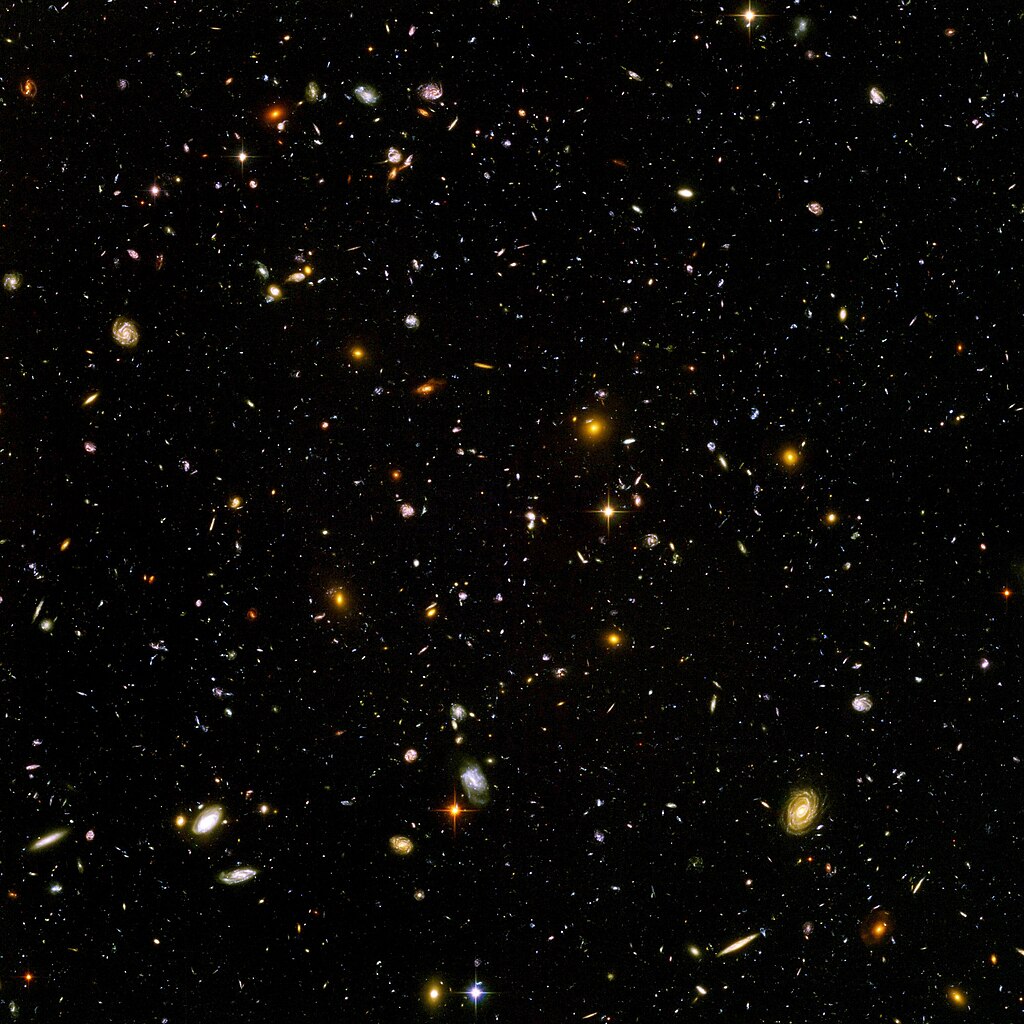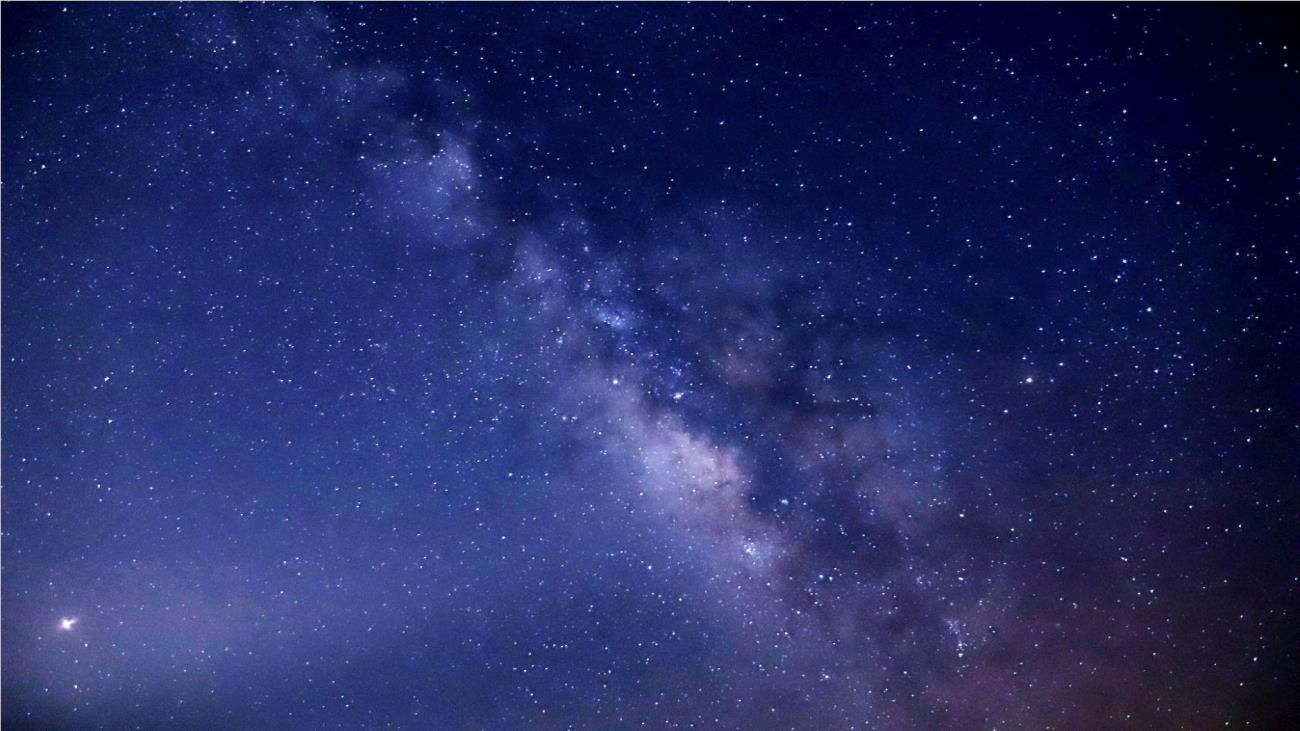Nobel Prize Winner Believes We Have ‘Misunderstood the Universe’
In a recent NASA blog post centered on the “Hubble Constant,” Nobel Prize-winning physicist Adam Riess claims we may have “misunderstood the universe.”
The Hubble constant measures how quickly the universe is expanding, or, in simple terms, the rate at which it grows. However, Riess is now under the impression that physicists may have been entirely wrong about the universe’s expansion.
The Hubble Constant
The Hubble constant has been problematic when measuring the universe, as over the past few decades, different instruments have measured the expanding universe, and each has received varying results.

None of the instruments have produced results which point towards a constant expansion. This occurrence is referred to as the “Hubble tension.”
The Hubble Was Right All Along
To get to the bottom of the varying results, scientists arranged a study in which they used the James Webb Space Telescope to make the exact measurements the Hubble previously did. To their surprise, Hubble’s previous estimates were correct.

Source: Wikimedia
The study revealed the universe is expanding at the rate of the Hubble constant, which is 73 kilometers per second per megaparsec. This ultimately ruled out the existence of the Hubble tension.
We Have Missunderstood the Universe
Speaking on the results of the study, Riess explained. “With measurement errors negated, what remains is the real and exciting possibility we have misunderstood the universe.”

Source: Wikimedia
Researchers used the results gathered from the study to confirm what Hubble has previously said: the universe is expanding at a much quicker rate than scientists ever thought possible.
Connecting the Beginning of the Universe to the Present Day
In the wake of the Webb telescope’s latest findings, Riess and other NASA astronomers appear set to dedicate their future to better understanding the universe’s expansion.

Source: Raychan/Unsplash
Next, they will investigate how the universe’s expansion may have changed during the Big Bang. “We need to find out if we are missing something about how to connect the beginning of the universe with the present day,” Riess explained.
